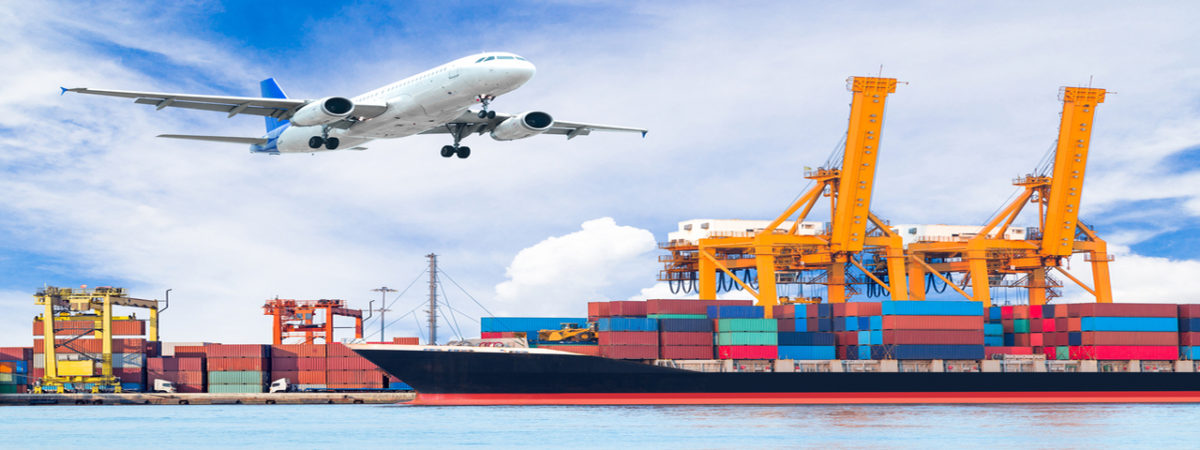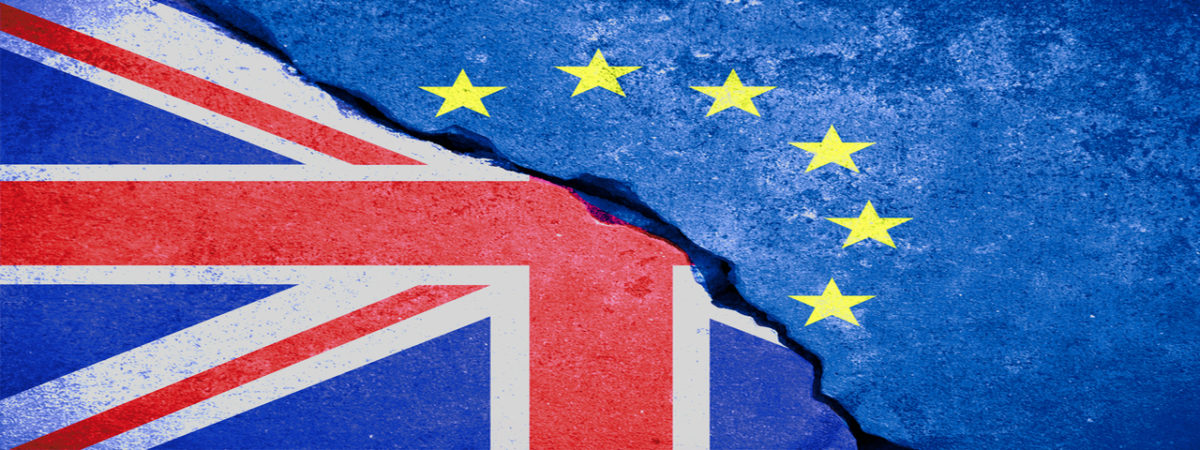Poorest hit hardest by consumption taxes, new research shows
SUGGESTED

Palm oil may be the cure to high food costs


Poorest fare the worst under consumption taxes
New research, Aggressively regressive: The ‘sin taxes’ that make the poor poorer, proposes cutting taxes on fuel, alcohol and tobacco by half, scrapping green energy subsidies and reducing VAT to 15%. This would put money back in the pockets of those who are in greatest need of it. All told, the poorest households pay 37% of their gross income in direct and indirect taxes. To put it another way, the single biggest expenditure for people in poverty is tax. This leads us to the conclusion that the most effective way for the state to lift people out of poverty is to stop taking their money.
This is a growing problem. In 1977 the poorest quintile spent 22% of its income on indirect taxes; in 2012 it spent 30%. By contrast, the richest quintile has seen its share of income spent on indirect taxes fall from 20% to 15%. This can be partly explained by incomes at the top rising more quickly than those at the bottom, but it is primarily due to indirect tax rates rising and new indirect taxes being introduced.
Regressive taxes
- The poorest 20% of households in Britain spend an average of £1,286 per year on ‘sin taxes’, including betting taxes, vehicle excise duty, air passenger duty, ‘green taxes’ and duty on tobacco, alcohol and motor fuels.
- The £1,286 spent on sin taxes represents 11% of the disposable income of Britain’s poorest fifth of households. For every £8 spent by the poorest fifth of households, £1 is taken from them in sin taxes.
- The average smoker from the poorest fifth of households spends between 18 and 22% of their disposable income on cigarettes. The tax on these cigarettes consumes 15 to 17% of their income.
- Motoring taxes absorb 8% of the income of a typical driver from the bottom fifth of households.
- Alcohol taxes consume 2 to 4% of the income of moderate drinkers in the bottom fifth of households.
- People in the bottom fifth of the income stream who drink moderately, smoke and drive a car spend 37% of their disposable household income on sin taxes and VAT. The comparable figure for people in the top fifth of the income stream is 15%.
- The poorest 20% of households in Britain spend an average £1,165 on VAT.
Commenting on the report, its author, Christopher Snowdon, said:
“It’s clear that an increase in taxes on the goods families consume is making life harder for people. This is especially true for the poorest who spend a much higher proportion of their income on high-taxed products such as alcohol and tobacco. At a time when many families are struggling to get by, it’s clear that reducing taxes would help those finding it most difficult.”
Notes to editors
To arrange an interview about the report please contact Ruth Porter, Communications Director, rporter@iea.org.uk or 077 5171 7881.
The full report, Aggressively regressive: The ‘sin taxes’ that make the poor poorer by Christopher Snowdon, can be downloaded here.
The mission of the Institute of Economic Affairs is to improve understanding of the fundamental institutions of a free society by analysing and expounding the role of markets in solving economic and social problems.
The IEA is a registered educational charity and independent of all political parties.



